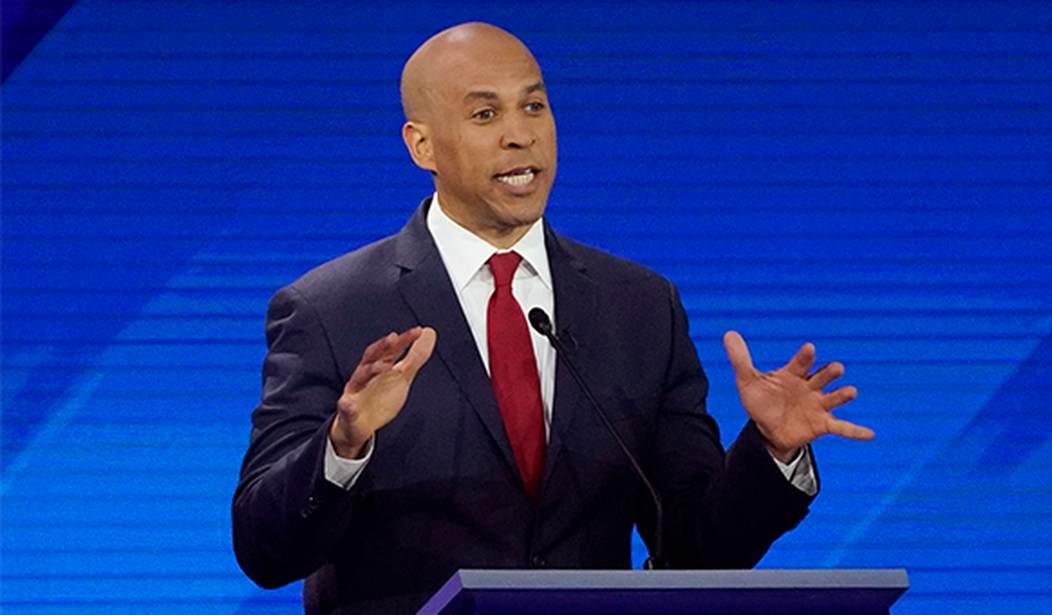Two New Jersey counties look to move forward with projects that will expand government internet in the Garden State. This could be bad news for taxpayers and consumers if these counties move forward with these government-owned networks (GONs).
The Cumberland County Board of Commissioners will discuss plans at a special meeting on Tuesday for how to spend a grant from the Middle Mile Broadband Infrastructure Grant Program. More than $24 million has been allocated by the National Telecommunications and Information Administration to Cumberland and Salem counties to extend around 200 miles of fiber.
As noted in the Taxpayers Protection Alliance’s (TPA) recent report, “GON with the Wind II: Frankly, Taxpayers Do Care,” the plan calls for nearly 89 miles of fiber in Cumberland County and 64 miles in Salem County, with 15 miles to interconnect both counties and nearly 48 miles to connect the fiber ring to data center points of presence.
A notice posted on the Cumberland County website notes that commissioners plan to immediately enter into executive session to discuss the contract before holding a public discussion on the issue. Considering that taxpayer dollars are at stake, more transparency and debate is needed.
A press release from the office of Sen. Cory Booker (D-N.J.) describes the areas that will be passed by the fiber as “underserved.” This estimation is only by using a broadband definition not yet approved by the Federal Communications Commission (FCC). Cumberland and Salem counties use the ambitious benchmark of 100 Megabits per second download speeds and 20 Mbps upload speeds as the definition of “underserved.” While the FCC under Chairwoman Jessica Rosenworcel has considered bumping up the definition from the current level of 25/3, commissioners have yet to do so. Consider that, for example, Netflix recommends just 25 Mbps to stream 4K content and some would argue the 100/20 benchmark is overzealous at this point when some pockets of the United States still lack 25/3 service. Using those criteria creates many more “underserved” areas eligible for tax dollars for new broadband infrastructure.
Recommended
TPA and others have criticized the federal middle-mile funding program because such infrastructure doesn’t connect any customers, and instead depends on providers to build the “last mile” to homes and businesses. Middle-mile fiber is also often duplicative, wasting tax dollars in the process. Because providers usually have their own infrastructure, they often decline to connect to such middle-mile networks. Vineland, the county seat of Cumberland County, has expressed interest in building its own GON (having already paid $220,000 to a consultant for a proposal), but there are not reports of private providers expressing interest in the middle-mile project yet.
The federal middle-mile program has also been in the crosshairs of the U.S. Government Accountability Office (GAO), which criticized the Biden administration for ignoring recommendations for creating a national broadband strategy. The GAO pointed out that the middle-mile program is one of 133 broadband funding programs administered by 15 federal agencies.
The leadership of Cumberland and Salem counties seem intent on voting through the project.
Cumberland County Commissioner Johnny Capizola has expressed some reservations about the project, saying in a comment in a Facebook post by Jersey 1st(an advocacy group fighting against the proposal) that “if it seems like it’s a gamble for our community, I will not gamble with your tax dollars.”
But he also pointed to that federal carrot being dangled before the two New Jersey counties: “One thing to keep in mind is 25 million will be federal funds,” he wrote. “I have been on both sides of the fence, but do we really want to see 25 million leave our community?”
Members of the Salem County Board of Commissioners have been invited to the Tuesday meeting. Board clerk Kimberly Codispoti wrote in the notice that the Cumberland County board “reserves the right to take any and all action on such matters as may be necessary at the special meeting of the Board.”
Hopefully, Cumberland County gives thoughtful consideration to the matter rather than just rubber stamping the measure. There is no such thing as free taxpayer money, even if it is the federal government footing the bill initially. And the long-term maintenance of the network will likely be footed by local taxpayers.
Johnny Kampis is director of telecom policy for the Taxpayers Protection Alliance.
























Join the conversation as a VIP Member